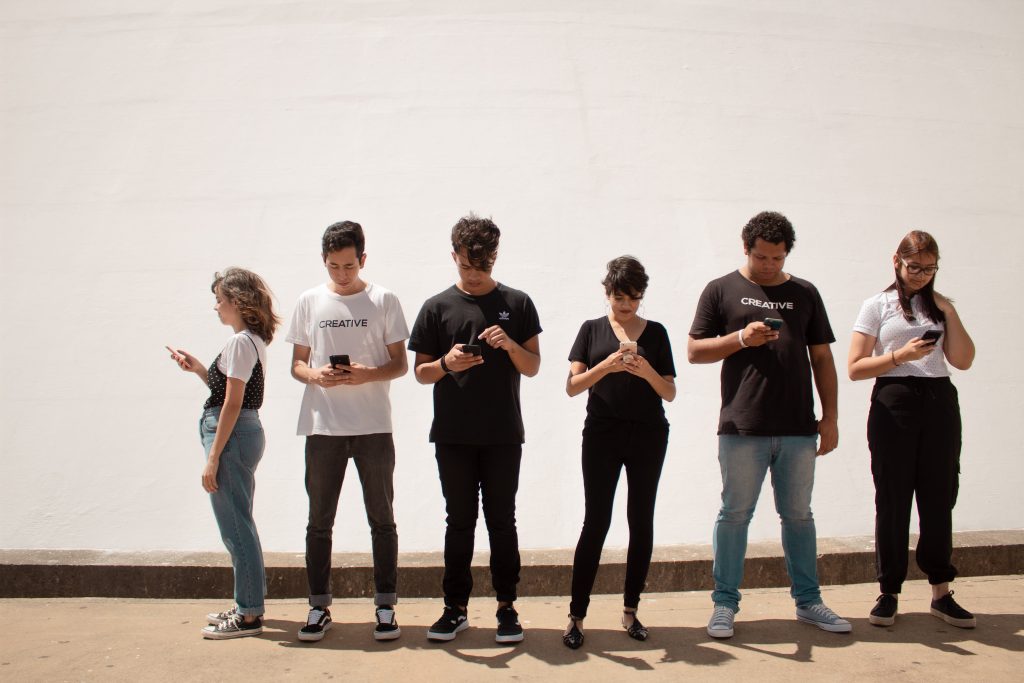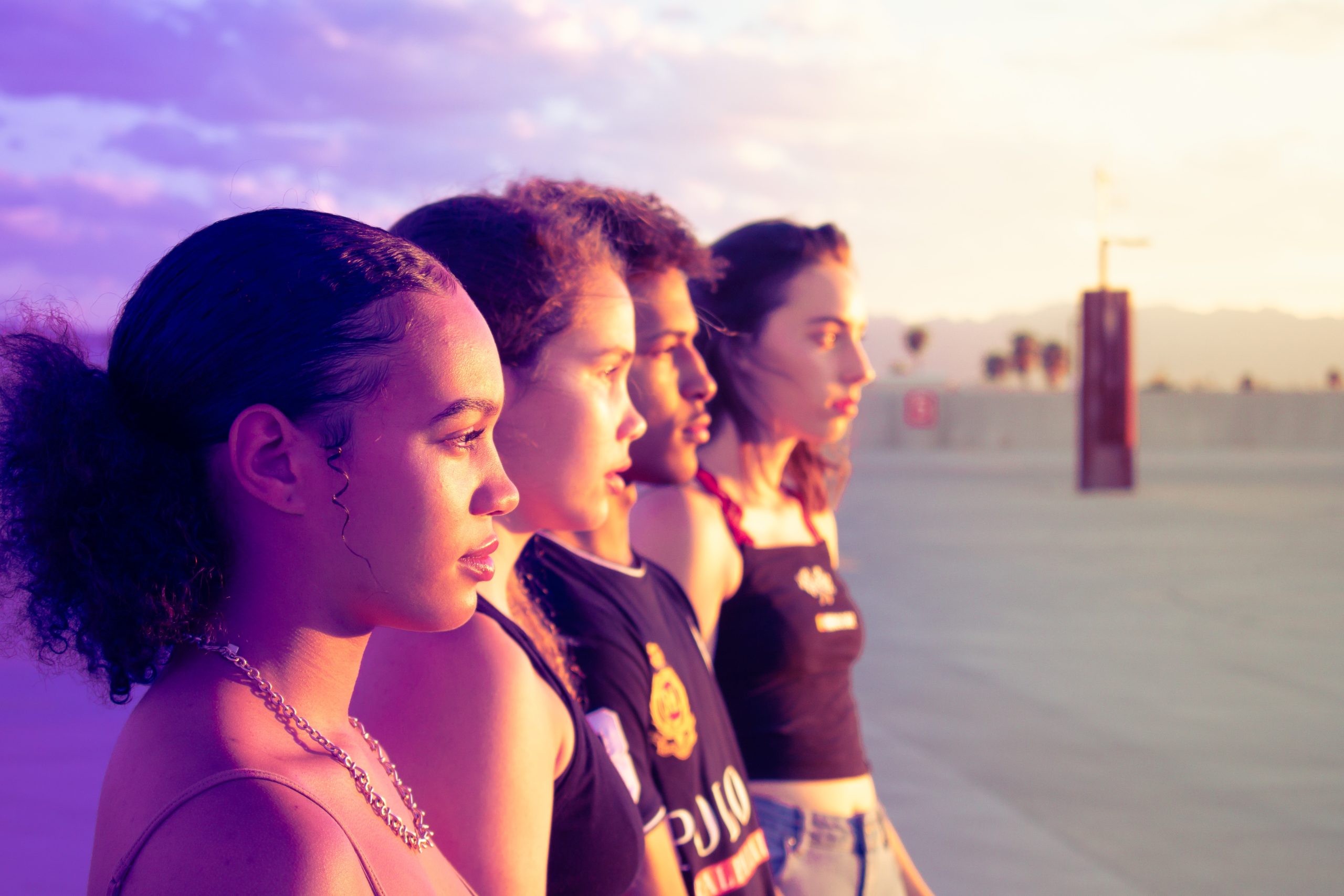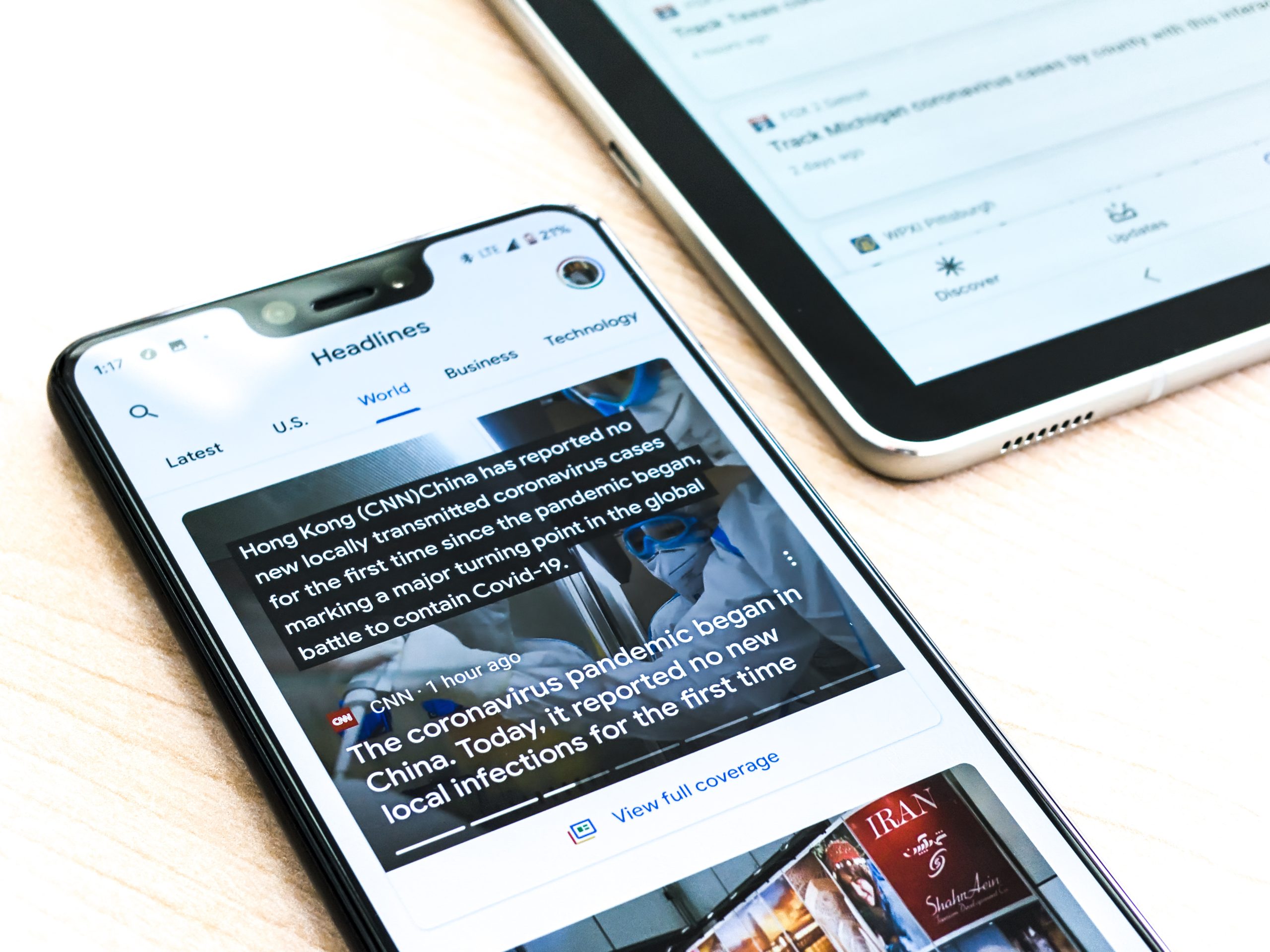Since the dawn of social media, parents and other ‘grown-ups’ have been concerned about the welfare of young users. I remember when Facebook first became available to the public, my friends and I all lied about our ages to get accounts, scoffing at our parents’ concerns. And it’s true, the predicted horrors at the time didn’t fully come to pass. Of course there are problems with the grooming of children online, and identities can be stolen from information we post on social media. However, these occurrences are still pretty rare. It’s the effects our parents didn’t consider that are causing us the real problems, and they fell into the same habits we did anyway. But my experience of social media is going to be very different than that of a teenager 10 years younger. They have lived in a world with social media their whole lives. So what’s a teenager’s experience on social media like in 2022?
The Pew Research Center Study
A study was done last week by The Pew Research Center, a nonpartisan American think tank. It asked teens aged 13-17 across the US about their time spent on social media. The results may paint a lighter picture than parents might expect. 39% of teenagers stated that their experience on social media is better than their parents think. Only 27% saying it’s worse than their parents think, and the rest being neutral. The majority also said that social media made them feel more connected to their friends, gave them a sense of support in difficult times, and was a platform on which they could express themselves creatively. Overall, 32% said they had a mostly positive experience on social media, and 9% a mostly negative. The rest were, again, neutral on the subject.
Then the problem isn’t as bad as we thought?
On the surface it seems that way, if we believe that there’s only a problem if the majority of teenagers are having a miserable time online. But if that was the case, would social media use be so prevalent? The study also revealed that 38% of teenagers feel “overwhelmed by all the drama” on social media. Being a teenager is difficult, and “drama” is hard to avoid of course, but conflicts that could previously be left at school or when they meet up in person can’t be escaped. It’s now with them, 24/7, exacerbating issues that could have fizzled out if left alone. 23% of people surveyed also said that social media makes them “feel worse about their own life.” We can’t say social media is harmless to young people when almost a quarter are being impacted in this way. Lastly, we need to ask how much we can trust the opinions of people this age. Of course I’m not claiming they’re wrong or foolish, but I can’t say I’ve clung to the views I had as a teenager into my 20s.

So what happens now?
The older generations have the power to control what the social media landscape looks like. We have a duty to limit the harm it causes younger people, who are effectively powerless to stop the social media platforms targeting them. However, a survey from the University of Michigan Health C.S. Mott Children’s Hospital, also released last week, suggests that young people are reclaiming their freedom from social media themselves in various ways. They do recognise the negative impact it can have on them. Their responses gave a range of various strategies, such as limiting sharing personal information, not interacting with strangers, and setting screen time locks. Some even deleted, or considered deleting, the social media apps entirely from their phones. Teenagers now can understand and set limits on their social media use, perhaps because they grew up with it, rather than in spite of growing up with it.
The Mesaverse is a healthier place for young people to be.
In the same study, a participant said regarding social media: “make sure it’s not a substitute for being with people, or actually participating in your interests.” It’s important that young people are able to fully appreciate the real world they exist in. They must form meaningful bonds with their peers. Instead of growing up and becoming full fledged humans within the artificial world that is social media, they can become more authentic versions of themselves by thriving in the Mesaverse, a deeper reality. LifeBonder’s aim is to help everyone find this reality, and form these meaningful bonds. In the real world, we can live meaningful lives.



